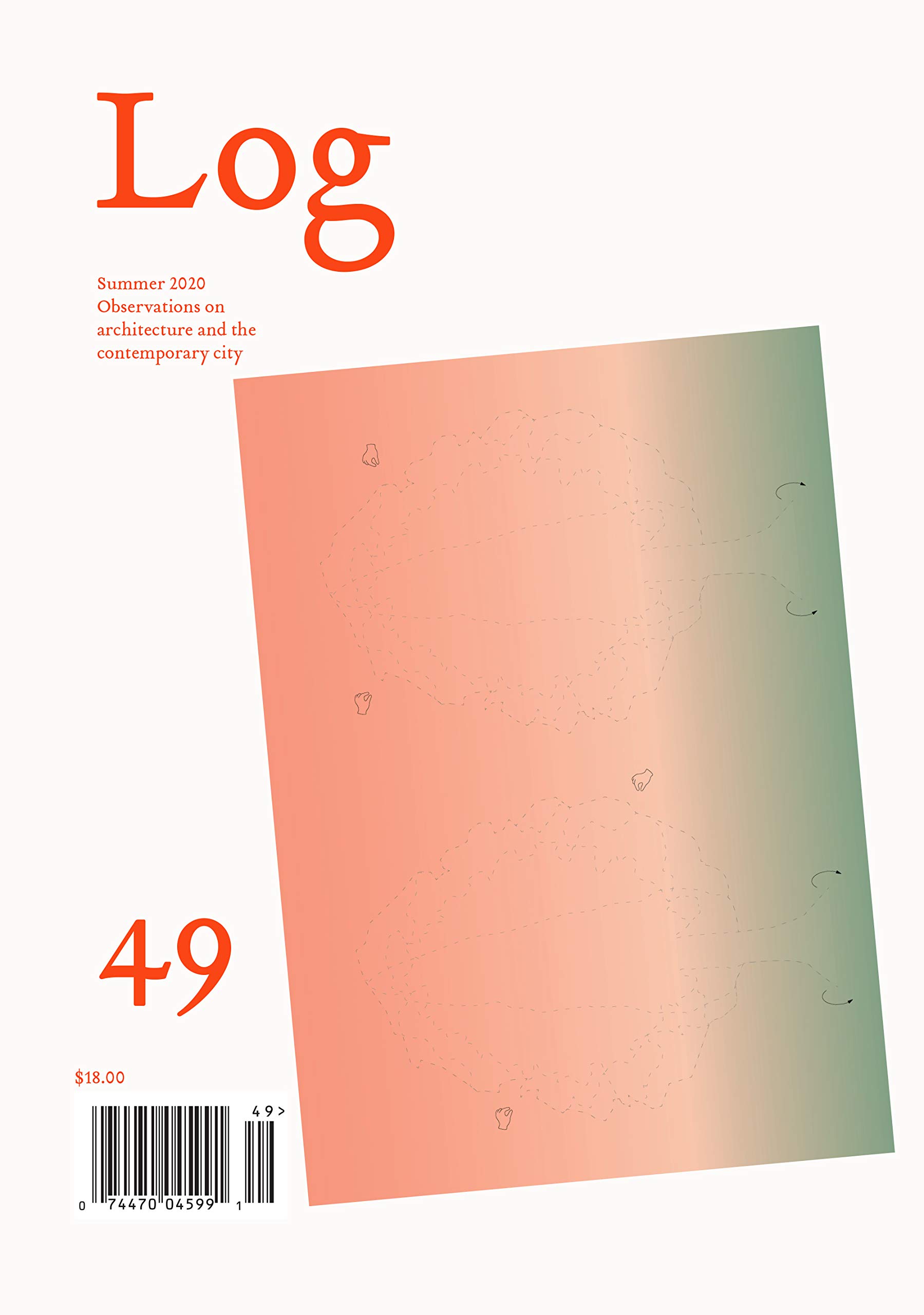
Categorii: Necatalogate, Neclasificat
Limba: Engleza
Data publicării: 2020
Editura: Anyone Corporation
Tip copertă: Paperback
Nr Pag: 196
ISBN: 9780999237373
Dimensiuni: l: 16cm | H: 24cm

As the world reckons with the compounding crises of a pandemic, racial unrest, a recession, and climate change, Log 49 compiles essays, interviews, observations, and manifestos by 29 authors in an effort to make sense of architecture, the city, and nature in the midst of turmoil. This 196-page issue includes a special section, The Return of Nature, guest edited by architectural philosophers Gokhan Kodalak and Sanford Kwinter, who write in their introduction, The world is on fire, and we are the fire. . . . The time has come for a reboot. They, along with philosophers Muriel Combes and Erin Manning and architects Jenny E. Sabin and Peter Trummer, offer concepts and methods toward that reboot.Aspects of nature permeate the entire issue. Historian Sylvia Lavin explores architects depictions and use of trees in four essays seeded throughout the issue and philosopher Jacques Rancière discusses the aesthetic regime of 18th-century landscape, while architect Sasa Zivkovic unravels the structural potential of unusable trees and Erin and Ian Besler produce an interactive pop-up postcard for practicing tree pruning. Architects Neeraj Bhatia and Emmett Zeifman each rethink the idea of collective form, Elena Manferdini and Christina Griggs see new possibilities in color, and Luke Studebaker digs deep into the AMO/Rem Koolhaas exhibition Countryside, The Future. In response to the COVID-19 quarantine, philosopher Emanuele Coccia calls for a domestic revolution, Henryetta Duerschlag learns to teach photography via Zoom, and architecture students observe New York City in lockdown from their windows. And in a recollection that is broadly relevant today, when the ground seems to be shifting beneath our feet, historian Nakatani Norihito recounts how when viewing the devastation wrought by the 3/11 earthquake and tsunami in Japan, he realized that without land, architecture and architecture history are meaningless.